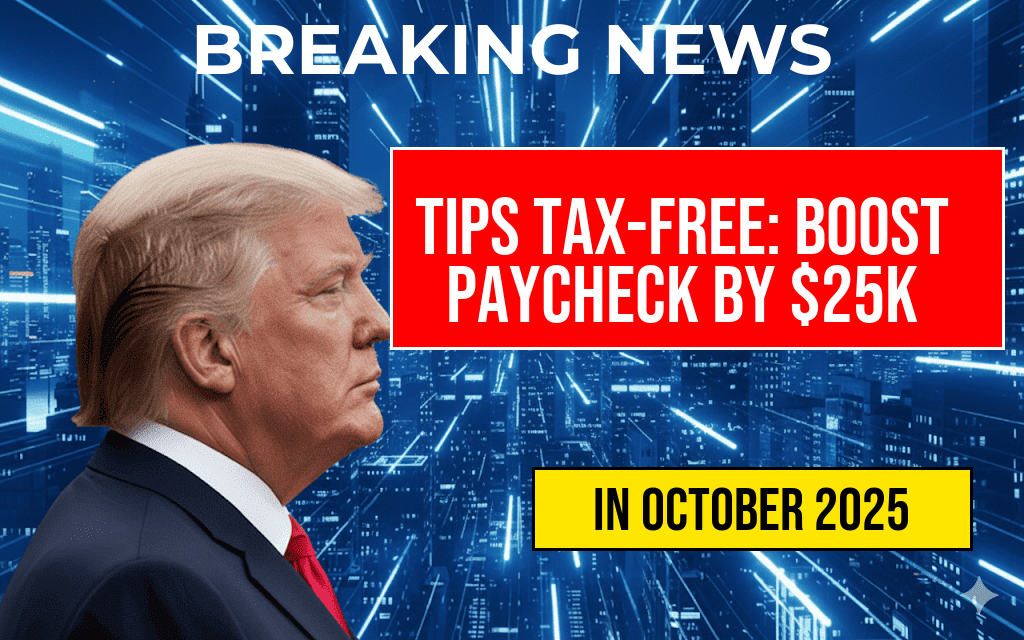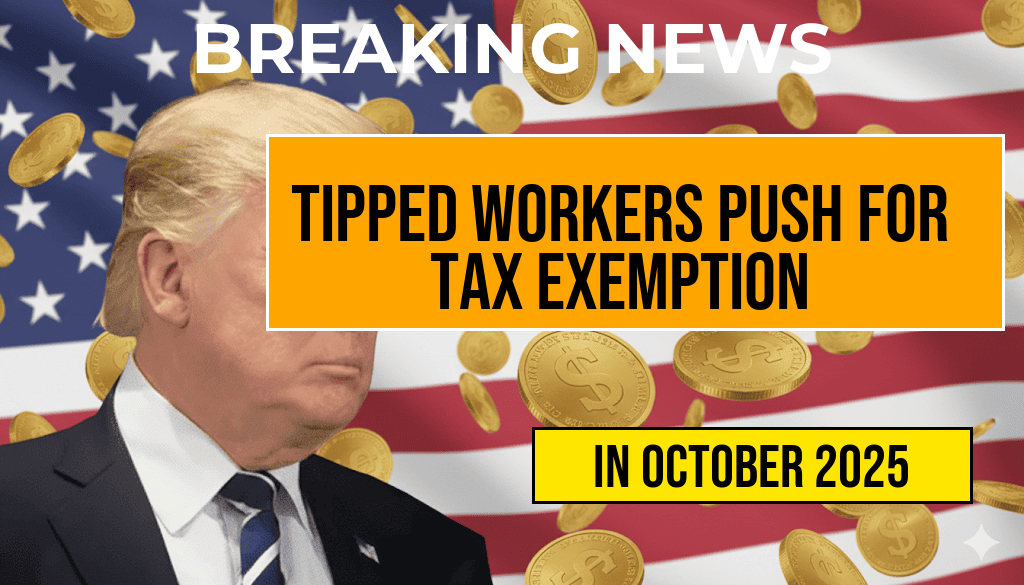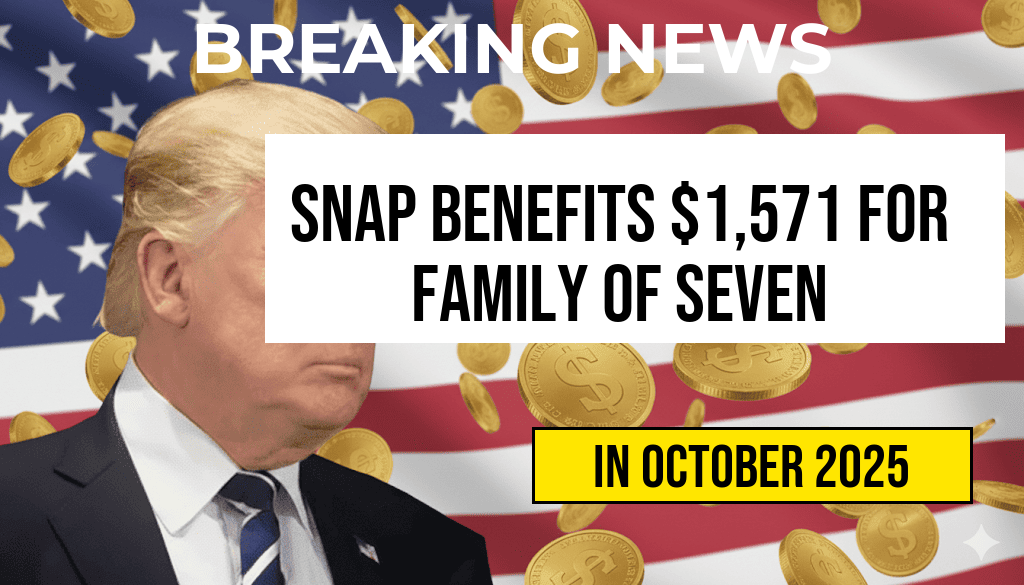The prospect of eliminating taxes on tips has gained traction in recent discussions about wage reform, with some estimates suggesting that workers could see their paychecks increase by as much as $25,000 annually. This potential boost is particularly significant for employees in the service industry, where tipping is a customary part of compensation. However, while the removal of taxes on tips could substantially enhance take-home pay, payroll taxes would remain applicable, meaning that not all additional earnings would be tax-free. Understanding the implications of such changes is crucial for both workers and employers as the legislative landscape continues to evolve.
Understanding the Proposal to Eliminate Tax on Tips
The proposal to eliminate tax on tips is part of a broader movement aimed at reforming wage structures in the United States. Advocates argue that workers in sectors such as hospitality and personal services rely heavily on tips, which can significantly vary based on customer generosity. By removing taxes on these earnings, proponents believe it would encourage tipping and provide financial relief to service workers who often face economic uncertainty.
How Much Could You Save?
According to recent analyses, the average service worker could potentially see their annual income increase by up to $25,000 if tips were exempt from taxes. This figure is derived from the average annual income of service workers combined with the average amount they earn in tips. For instance, if a server typically earns $60,000 a year, with approximately $20,000 of that coming from tips, removing taxes on the tip portion could lead to substantial savings.
| Annual Salary | Annual Tips | Total Earnings | Tax Savings (Estimate) |
|---|---|---|---|
| $30,000 | $15,000 | $45,000 | $3,000 |
| $40,000 | $20,000 | $60,000 | $4,000 |
| $50,000 | $25,000 | $75,000 | $5,000 |
Implications of Payroll Taxes
While the elimination of tip taxes presents a favorable outlook for workers, payroll taxes would still apply. These taxes fund Social Security and Medicare, and their continuation means that some of the financial benefits from a tip tax exemption may be offset by payroll tax contributions. Workers should be aware that their overall tax burden may not decrease as significantly as the potential tip tax savings might suggest.
- Social Security Tax: A payroll tax levied on earnings to fund Social Security benefits.
- Medicare Tax: A tax that provides funding for Medicare, applicable to all earnings.
- Self-Employment Tax: For independent contractors, a combination of Social Security and Medicare taxes.
The Broader Economic Context
The discussion surrounding the taxation of tips is part of a larger conversation about income inequality and fair wages in the U.S. The service industry often employs a significant portion of the workforce, with many workers depending heavily on tips to make ends meet. As policymakers consider reforms, the balance between incentivizing consumer tipping and ensuring adequate tax contributions remains a critical point of debate.
What Workers Should Consider
For those in the service industry, the prospect of a tax-free tip structure is undoubtedly appealing. However, it is essential to consider the broader implications, including how such a change might affect employer practices regarding wages, tips, and overall compensation structures. Workers should also remain informed about ongoing legislative developments and engage in discussions about how to best advocate for their interests.
As these discussions evolve, resources such as the Forbes and Wikipedia can provide valuable insights into the economic implications and legislative landscape surrounding wage reform.
Frequently Asked Questions
What does it mean that there is no tax on tips?
No tax on tips means that employees can keep the full amount of their tips without a portion being deducted for federal income taxes. This could significantly increase take-home pay, potentially boosting your paycheck by as much as $25,000 annually for those in tip-heavy industries.
Will I still have to pay payroll taxes on my tips?
Yes, even though there are no federal income taxes on tips, payroll taxes such as Social Security and Medicare taxes still apply. This means that while your gross income may increase without the burden of income tax on tips, you will still owe payroll taxes on those earnings.
How can no tax on tips affect my overall income?
The no tax on tips policy can significantly boost your overall income, especially for workers in service industries like restaurants and hospitality. By allowing you to retain more of your earnings from tips, this policy can lead to an increase of up to $25,000 in annual income.
Are there any limitations to this policy?
While the no tax on tips policy offers substantial benefits, it is important to note that it primarily applies to tips received directly from customers. Additionally, the policy may vary by state, and other local tax regulations could still apply.
How should I report tips on my tax return?
Even with no tax on tips, all tips should still be reported for accurate accounting. Employees must report their tips as income to the IRS, and they should ensure they comply with any payroll taxes that apply to their overall earnings.






